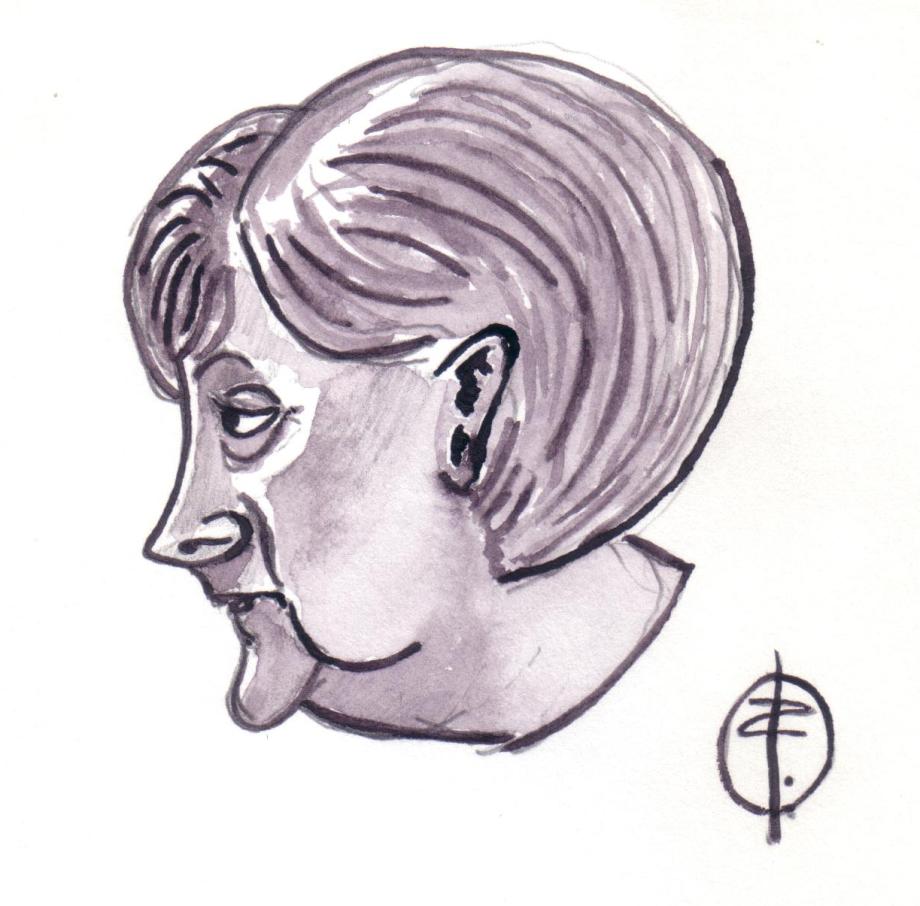A New Start for Europe Begins in Germany

On Sunday morning Germany’s Social Democratic Party (SPD) announced that its members had voted significantly (66%) in favour of a new grand coalition with the Christian Democratic Union (CDU) and its sister party the Christian Social Union in Bavaria (CSU). The stakes were undoubtedly high, both for ordinary Germans frustrated by months of political deadlock and EU member states yearning for Berlin to play a leading role in the tumultuous years ahead.
Threats and Opportunities
Put simply, last September’s general election was a disaster for the SPD. With Martin Schultz at the helm, the party saw its share of the vote fall from 34.2% in 2005 to a record low of 20.5%, the worst result in the SPD’s post-war history. Indeed, the results were so bad that the SPD former leader ruled out the formation of another ‘grand coalition’ (GroKo) with CDU/CSU. Yet, five months later, a new GroKo was finally in place.
However, the process of sealing the deal was by no means easy. Critics have argued that after being the junior partner in coalition twice since 2005 that the SPD can no longer be distinguished from the CDU. Consequently, it will be punished even more by voters at the next election.
The SPD’s “NO” campaign was led by the popular 27-year old Kevin Kuehnert who was tired of another grand coalition and empty party promises. Thanks to a surge of young people joining the SPD since September, the influence of the NO camp has grown. Yet this was not enough to get Kuehnert’s efforts across the finishing line. Put simply, he underestimated his rivals and until the end was positive that a new coalition deal would be rejected by the party’s rank and file.
Yet, the results show that not everyone dissatisfied with the coalition voted a clear ‘no’ simply because the alternative was more worrisome. Failure to endorse the coalition deal would have almost certainly pushed Germany into a fresh election where the SPD might face further losses. Consequently, many SPD voters saw another grand coalition deal as the best way forward for their party.
The green light for a coalition also means that following the appointment of the new cabinet and signature of the coalition contract, a new government can be formed before Easter. There has already been speculation on the composition of the new Cabinet, with the first announcements due later this week. As already reported, the SPD will secure 6 ministries including Finance, Foreign Affairs and Labour (as well as Family, Justice and Environment). Grasping such influential “traditional” ministries may be the first step in the recovery of the SPD’s popular support. This will be no mean feat given that a recent poll revealed that 60% of voters think the SPD is unfit to govern.
Everything has a Price Tag
Striking a coalition deal has been costly for both sides. There have been senior personnel changes in both the SPD and the CDU. Andrea Nahles has taken over the SPD party leadership from Martin Schulz, who despite being the coalition deal broker, will not be part of the next government. The powerful finance ministry, which the CDU gave up, will most probably go to Olaf Scholz, the Mayor of Hamburg. This was celebrated by the SPD as "an end to the austerity mandate" across the European Union. Mr. Scholz a long-term SPD politician, and currently the 3rd most liked political figure in the country (according to a recent poll of the Forsa Institute), is expected to fulfil SPD campaign promises, including to strengthen the EU and tackle Eurozone reforms. For its part, the CDU, will control the Ministries of Economy (including Energy), Defence, Health, Education and Agriculture. Ursula von der Leyen and Monika Grütters retain their posts in defence and culture, whereas Julia Klöckner becomes the agricultural minister and the relatively unkown Anja Karliczek takes over at education. Finally, CSU leader is set to become interior minister.
Despite the Chancellor’s success in forging another deal, the CDU has been weakened by the fallout from the election. Speculation is already mounting that Merkel will not last the full term of her ‘twilight’ administration, prompting questions regarding her potential successor. There are two names to look out for over the coming years - Annegret Kramp-Karrenbauer, the general secretary of the CDU and so-called “Mini-Merkel’ and Jens Span, the new Health Minister.
The View From…
A new GroKo is not only good news for ordinary Germans but also the EU’s remaining member-states, who can now expect a stable government that’s keen to play a leading role in relaunching the European project. A pro-European GroKo also means that it will be easier to implement common reforms. „We need a new start for Europe" said Merkel in her most recent government statement on European policy .
After forming her government, Chancellor Merkel will have no excuses for not working with France to reenergize the European project. Many in Europe are awaiting her response to ideas drafted by her French counterpart Emmanuel Macron, most notably his proposals for a eurozone-wide finance minister and budget (ideas which have not been received well in Germany, especially by the CDU/CSU). To this end, Mrs. Merkel must act fast given that her government has already been accused of being among the also-rans for shaping the EU’s reform agenda. She has particularly come under fire from Christian Lindner, the leader of the Free Democrats (FDP), who has accused of echoing Paris’ ideas, rather than having any of her own.
The new old GroKo is also the best - but by no means ideal - option for Central European countries. As a fully-fledged member of the Eurozone, Slovakia is best placed to benefit from renewed Franco-German efforts to revamp monetary union. The same can hardly be said of Hungary and Poland. Not only are both countries at political odds with their EU counterparts, there’s a danger that latecomers to the European train might be left behind once the Franco-German motor has been fully revved up.
Additionally, the new old GroKo may possibly also mean less confrontation with Central Europe over EU migration policy. During negotiations, Merkel had to make concessions regarding the CDU’s ‘generous’ migration policy, with more corrections to her previous stance set to follow. This bodes well for a region that’s simply not prepared to alter its policies and current stance on migration and refugees.
Finally, the one big positive of having Angela Merkel back as Chancellor is that she is deemed to have a deeper understanding of the dynamics shaping our region. Having grown up in the former German Democratic Republic, she is viewed as having a better feel for Central and Eastern Europe than other Western politicians, particularly when it comes to grasping the complexities of the post-communist mentality. This perhaps will only be appreciated by some Central European leaders when she is gone from public life.
Image courtesy of Strassengalerie, Creative Commons Attribution 3.0 Unported

Associate Fellow, Centre for Global Europe